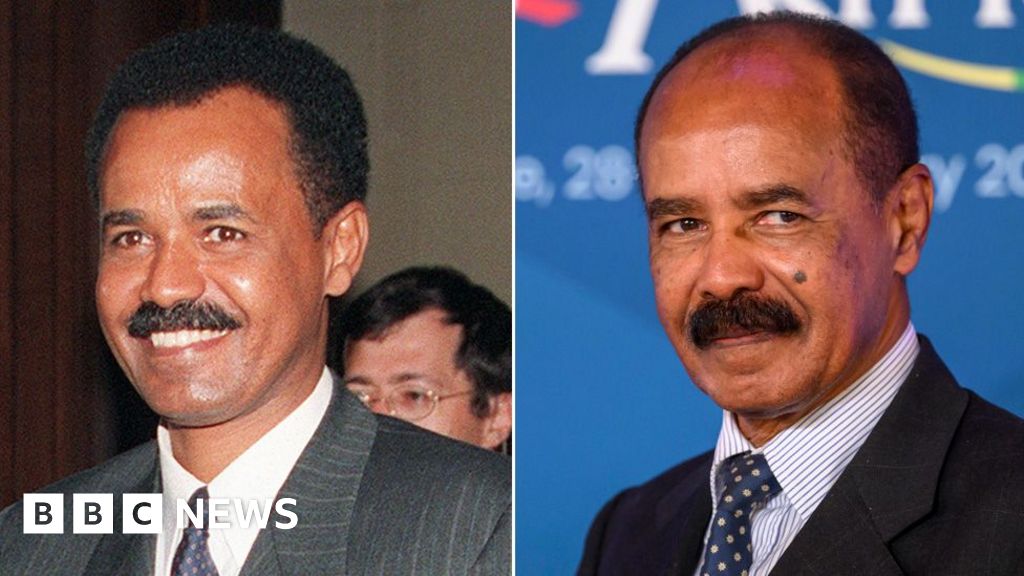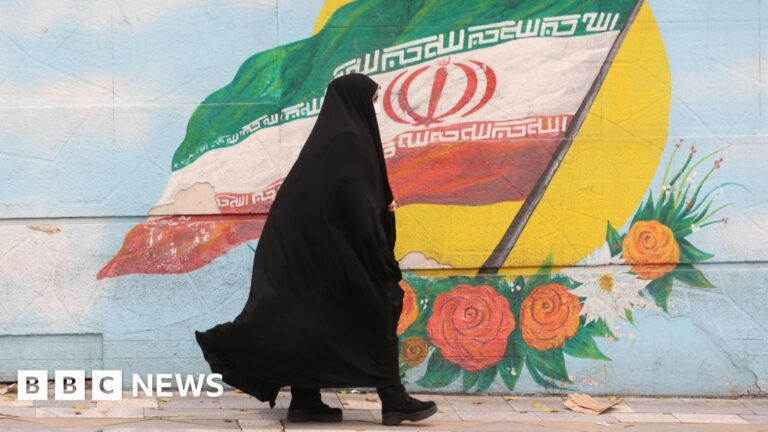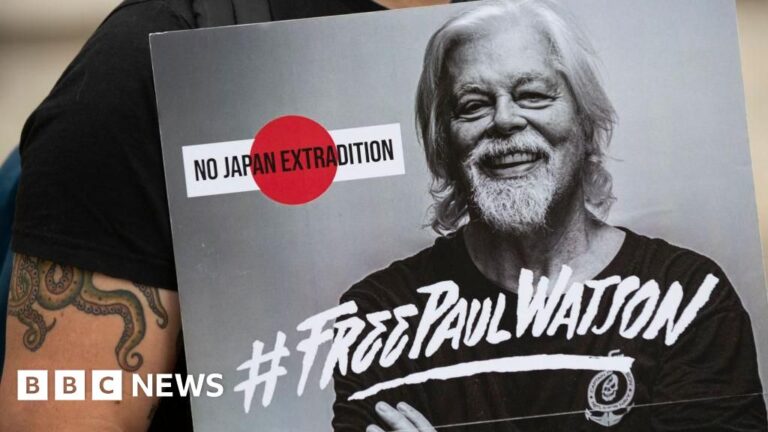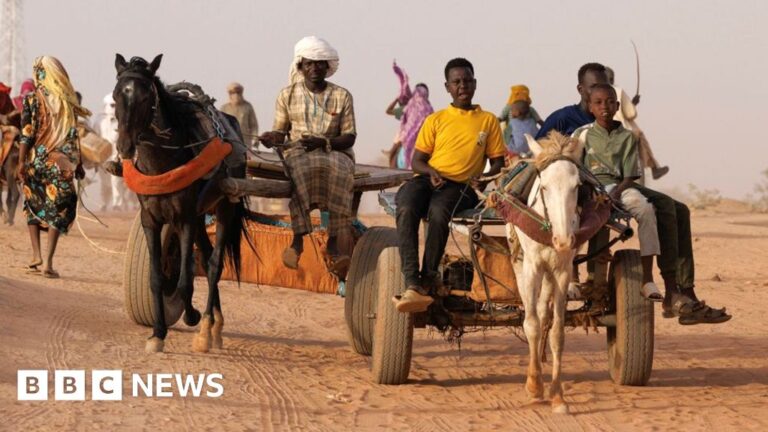Eritrea’s president, Isaias Afwerki, has been in power for 32 years and has long defied expectations of introducing democratic reforms. He was once hailed as a reformist leader, but his rule has become increasingly authoritarian. Isaias has never faced an election and has suppressed opposition, independent media, and civil society. He has also been criticized for his human rights record, including the use of forced labor and the detention of political prisoners.
In the 1990s, Isaias was seen as a symbol of hope for Eritrea’s future, but his government’s actions have led to international condemnation and isolation. The country’s economy has struggled, and many Eritreans have fled in search of better opportunities. Despite this, Isaias retains support among some parts of the population, particularly within the military and ruling party networks.
As Isaias approaches 80, there are concerns about what will happen next. There is no obvious succession plan, and the lack of a credible opposition or institutions to replace the current regime has left many wondering what the future holds for Eritrea. The president’s office is seen as the only thing holding the country together, and his departure could lead to collapse.
Isaias has recently moved closer to Russia and China, and his government has been criticized for its handling of the economy and human rights. The president has also been accused of using the country’s national service program as a means of controlling the population and suppressing dissent.
Many Eritreans are disillusioned with the lack of progress and frustrated by the regime’s repression. They continue to wait for change, but it remains to be seen what the future holds for this troubled nation.
Source link




